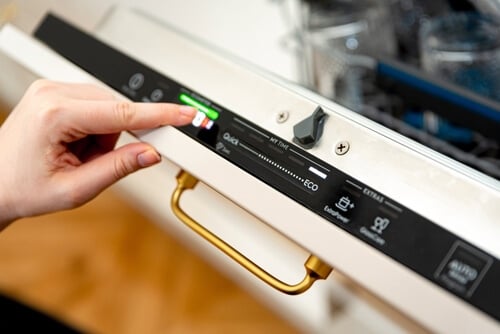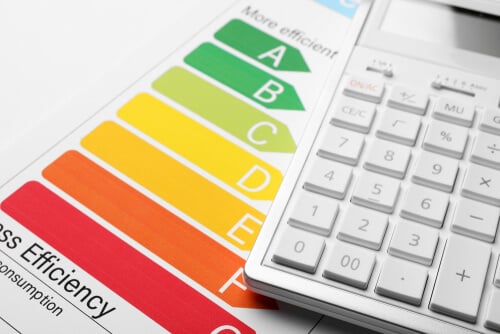How long does it take to switch my gas supplier?
The switch should take no longer than 5 working days after your new supplier has received your registration. However, you can ask to wait until 5 working days after the 14-day cooling-off period has passed (so up to 21 days after you switch). Some suppliers may also allow you to select a specific date for the switch. You might do this if you wanted to take maximum advantage of a previous tariff that’s about to end, for example.
You should receive a final bill from your old supplier within 6 weeks – just make sure you submit a final meter reading before your new tariff begins. You should receive any outstanding credit from your old provider within 14 days of receiving the final bill.
The 14-day cooling-off period allows you to change your mind for any reason. Your new supplier should send you details of your new tariff straight away. If you decide not to switch, simply contact your new supplier to cancel the switch.
Finally, if the switch takes more than 15 working days to complete, contact the supplier to check it has everything it needs. If it does, it should pay you £30 compensation automatically for the delayed switch. This is either paid directly into your bank account or sent to you as a cheque. You should receive it within 10 working days. If this doesn’t happen, you can make a formal complaint.
What happens if my gas supplier goes bust?
Ofgem’s safety net ensures you won’t lose access to your supply if your supplier goes bust. You're automatically switched to a new supplier and your supply continues uninterrupted.
There’s no need to switch supplier yourself at this point. Ofgem does all the administrative work to switch you to its preferred alternative within a few days. Simply wait to be contacted by your new gas supplier.
Ofgem can’t guarantee that you're switched to a cheaper (or even the same) deal, but your new supplier can't charge more than the current energy price cap for your gas.
In most cases, you’re switched to a larger supplier, which is able to bulk-buy much of its gas supplies months in advance. This can help to protect you from potential price hikes in the short term at least.
After your new supplier makes contact, you can ask to be moved to its cheapest tariff or even switch to another supplier if you find a better deal elsewhere. You can switch without incurring any exit fees, even if you were previously on a fixed deal.
Frequently asked questions
Can I switch gas supplier if I rent my home?
You can switch your gas supplier if you’re directly responsible for paying your gas bill. Check your tenancy agreement for confirmation.
If the cost of your gas is included in your rent, then you need to speak to your landlord. That’s because they have to make the switch.
Can I get a green gas-only energy tariff?
Yes, several suppliers offer green gas tariffs without requiring you to sign up for electricity or dual fuel. Green gas tariffs aren’t all the same, however. Some offer to generate enough biogas from animal or vegetable waste to cover part or all your consumption. Others offer green gas tariffs that basically promise to offset the emissions produced by the gas used to heat your home.
Can I switch if I’m on a gas prepayment meter?
Yes, you can switch if you're on a prepayment meter as long as you owe less than £500. In the past, prepayment tariffs have worked out more expensive than standard tariffs on credit meters. This is set to change in 2024, but you might want to look at switching to a credit meter. Be prepared to go through a credit check and be aware that some suppliers charge to replace your prepayment meter with a standard credit one.
How can I find out who my current gas supplier is?
Check your energy bill for details. If it’s not to hand, enter your postcode into the Find My Supplier website, then select your address from the drop-down menu to find out.
Will I have to pay an exit fee when I switch gas supplier?
You may be liable to pay an exit fee – typically £30-60 – if you’re currently on a fixed-rate tariff. If you’re on a standard variable tariff, you shouldn’t be subject to this fee, but check your bill or tariff for confirmation.
Note, the exit fee is waived when you enter the final 49 days of your contract. Check your bill for details and look to see when the tariff ends. If it’s 49 days or less until the tariff expires, you can switch without incurring any fees.





